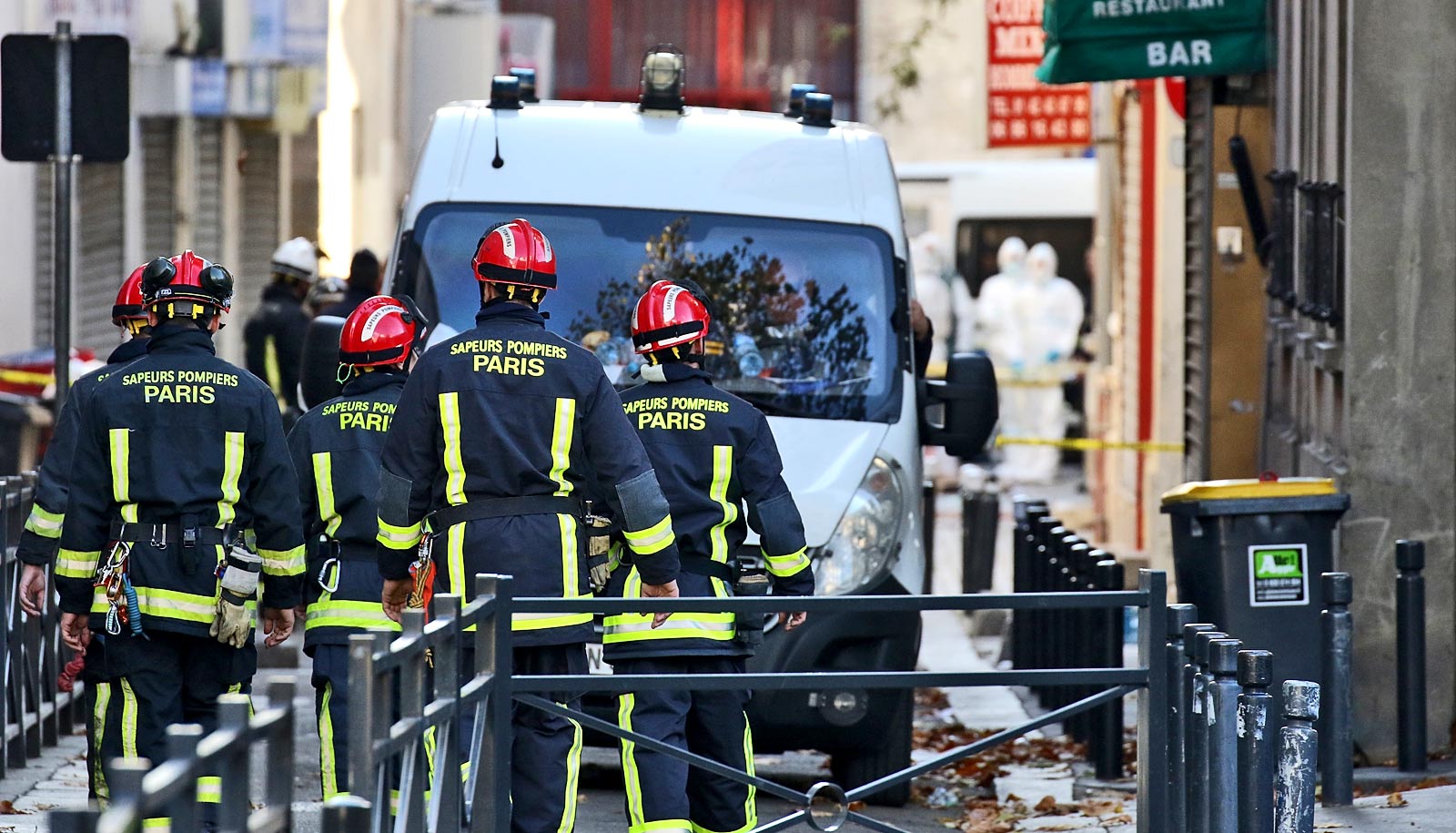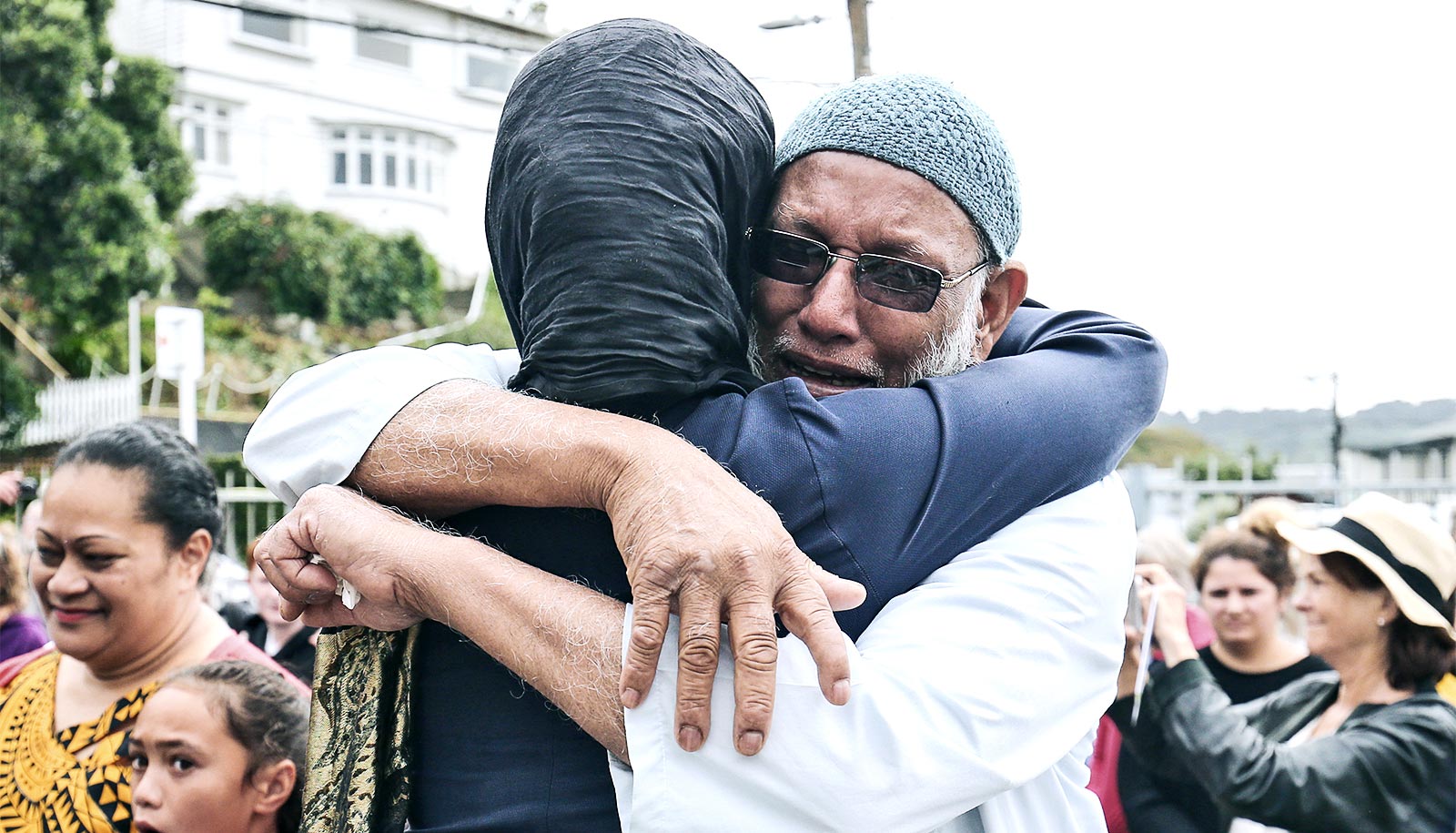European criminal gangs are a new recruiting ground for ISIS and other jihadi terrorist groups, a new paper argues.
In the paper, Jytte Klausen uses the term “gangster jihadism” to describe the nexus between the criminal underworld and radical Islamic groups.
This new alliance with the criminal underworld marks a major shift in how Islamic extremists lure new members. In the past, young European men were radicalized in mosques and online.
Twenty-two percent of jihadis who were captured or killed in Brussels between 2012-17 were known to have had a criminal history before becoming radicalized, finds Klausen, professor of international cooperation at Brandeis University.
“We have a growing gang problem in Europe, and gangs have increasingly taken on a politicized nature,” Klausen says. “We haven’t previously seen this overlap between street gangs and politicized violence.”
“More needs to be done to control jihadi gangs in prison…”
Abdelhamid Abaaoud, for example, the ringleader of the November 2015 terrorist attack in Paris, had belonged to a gang and had committed robbery and assault. Abderozzak Benarabe, known as “Big A,” who traveled to Syria to fight against President Bashar al-Assad, was a convicted drug trafficker and the leader of one of Denmark’s most notorious organized-crime gangs.
The gangs from which ISIS now recruits include Muslims and non-Muslims, and typically operate in poor neighborhoods in medium-sized European cities. Members commit crimes ranging from petty theft and drug offenses to murder.
“You’re talking about street-side thugs who start out joining the gangs and then segue into jihadism,” Klausen says.
In the past, jihadist groups have rejected such recruits because their criminal activity violates Islam’s tenets. But law enforcement’s success in cracking down on the groups’ traditional recruiting methods has forced them to look for alternative jihadist breeding grounds. Gang members have the advantage of already being inclined toward violence. Their criminal activities can also raise funds for jihadist groups.
In her article, Klausen calls for new measures to combat gangster jihadists. “More needs to be done to control jihadi gangs in prison and the networks linking radicalized members inside and outside prisons,” she writes.
She urges law enforcement to intervene by using a community policing model in particular locations and believes foreign fighters should be prosecuted for crimes committed outside Europe. “Investigating and highlighting such atrocious crimes may help turn young people against the narrative of terrorist groups as defenders of Islam,” she explains.
Klausen’s article is part of the book 2019: Challenges in Counter-Extremism, which the Tony Blair Institute for Global Change published. Blair, the former prime minister of the United Kingdom, wrote the book’s forward.
Source: Brandeis University



